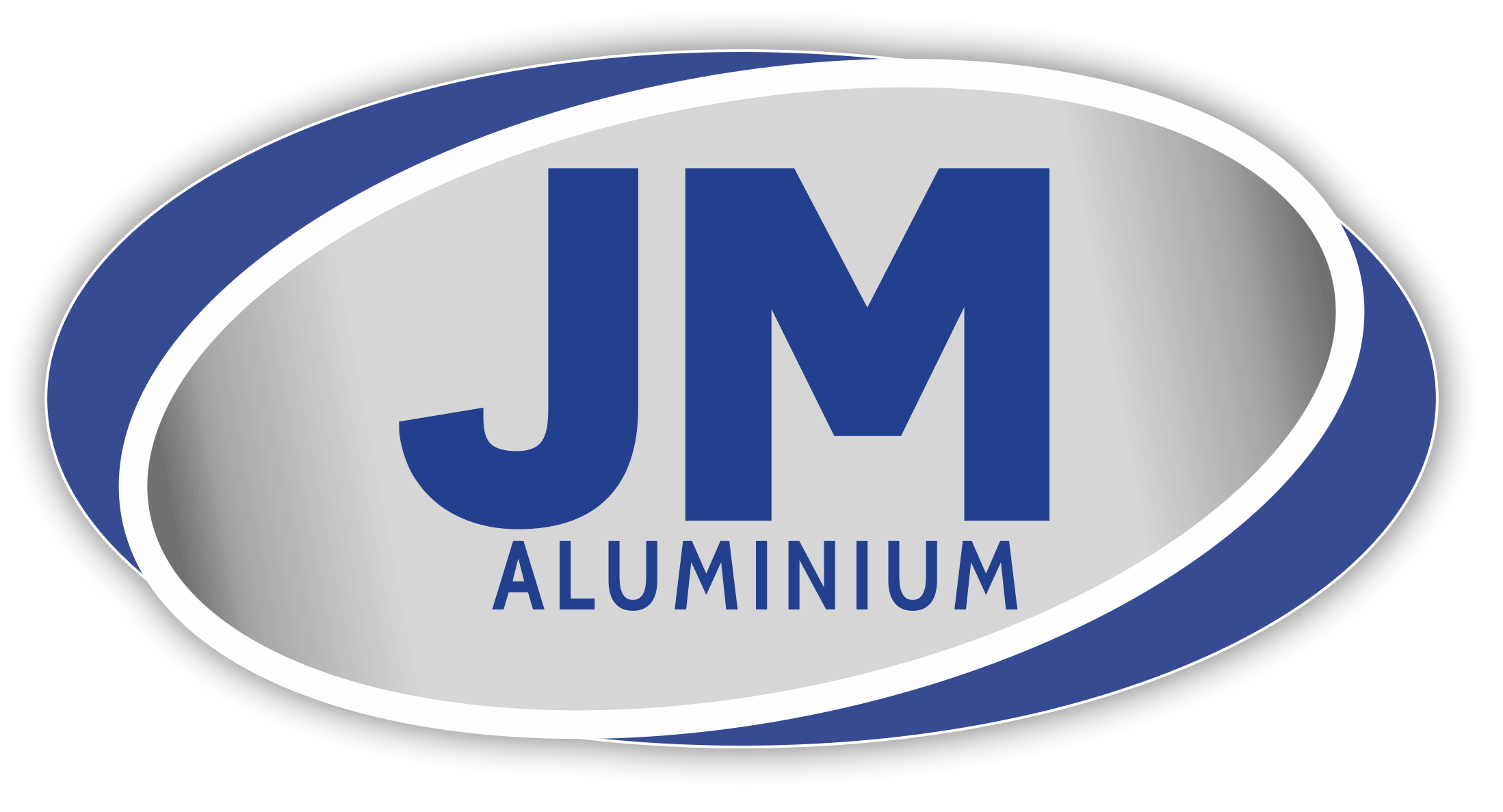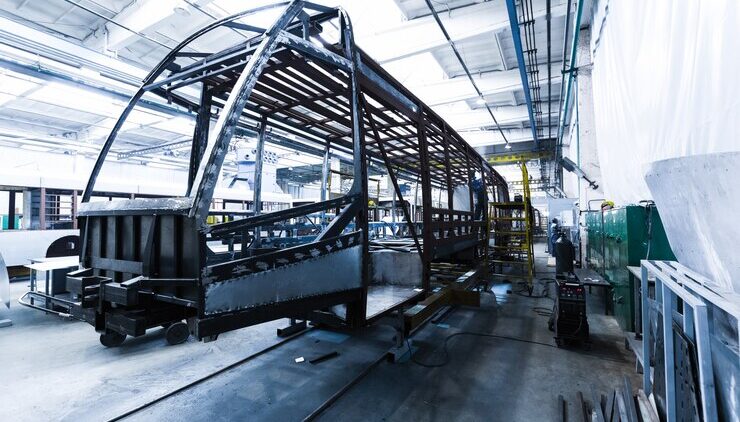Transforming Aluminium Extrusion: The Digital Edge of ERP Solutions
Managing intricate production procedures, upholding quality standards, and satisfying a wide range of client demands provide particular difficulties for the aluminium extrusion industry. Software for enterprise resource planning, or ERP, has become an essential instrument for dealing with these issues. In order to show how integrated digital solutions convert conventional production methods into effective, data-driven operations, this thorough investigation examines five key advantages that ERP systems offer to aluminium extrusion operations.
Enhanced Production Planning and Scheduling
Production planning in aluminium extrusion factories is completely transformed by the use of ERP systems, which offer thorough insight into every aspect of manufacturing. To generate the best production schedules, these systems use information from several sources, such as machine capacity, die availability, material inventories, and client orders. In order to improve output while avoiding waste, advanced algorithms take into account variables like alloy changes, die changeover times, and press capabilities. Production planners are guaranteed to be able to make well-informed decisions that strike a balance between client needs and efficiency thanks to this integrated approach.
ERP systems’ real-time monitoring features allow for dynamic modifications to production schedules in response to shifting circumstances. The system can swiftly recalculate timetables and provide other options when unforeseen circumstances arise, such as the need for equipment repair or urgent orders. This adaptability allows for shifting priorities while preserving manufacturing efficiency. Additionally, the system keeps track of past performance data, which helps planners see trends and make better scheduling choices in the future based on real production measurements and results.
By offering a consolidated platform for exchanging production data, ERP systems improve departmental cooperation. While procurement teams may match material purchases with production needs, sales teams can use real-time production plans to provide clients with precise delivery predictions. The system tracks important variables, including machine usage, throughput rates, and scheduling efficiency, while automatically creating comprehensive production reports. This openness makes it easier to spot bottlenecks and areas for development, which promotes ongoing manufacturing process optimization.
Improved Quality Control and Traceability
ERP systems set up thorough frameworks for quality control that keep an eye on and record each step of the extrusion process. The system keeps thorough records of quality parameters, test results, and inspection data from the time raw materials are received until the finished product is sent. The development of tailored quality control programs for various goods and clients is made possible by advanced quality management modules, guaranteeing constant adherence to requirements. Throughout the production process, the system helps maintain high-quality standards by automatically identifying quality concerns and initiating the necessary remedial measures.
Since each component and process step is tracked with a unique identity, traceability becomes effortless with ERP installation. Complete genealogical records are kept by the system, which links final goods to particular manufacturing runs, batches of raw materials, and outcomes of quality tests. When conducting quality investigations, this thorough tracking feature is extremely helpful in identifying any problems with quality and their underlying causes. Rapid issue-solving and continuous improvement programs are made possible by the system’s ability to promptly obtain all pertinent production and quality data in the event of customer complaints or product returns.
Efficient Inventory Management and Material Planning
ERP systems give real-time visibility into raw material levels, work-in-progress, and finished commodities, revolutionizing inventory management in aluminium extrusion facilities. Precise monitoring of various alloy grades, sizes, and requirements is made possible by sophisticated inventory tracking capabilities, which guarantee ideal stock levels while lowering carrying costs. Based on past consumption trends and anticipated production needs, the system automatically determines safety stock levels and reorder points, assisting in the maintenance of sufficient inventory without resorting to excessive hoarding.
ERP installation improves the accuracy and efficiency of material requirements planning. To provide the best buy suggestions, the system examines supplier lead times, manufacturing schedules, and current inventory levels. This integrated strategy reduces unnecessary inventory while guaranteeing that the appropriate resources are accessible when needed. Along with providing precise costing data and facilitating improved control over material usage and waste reduction activities, the system also records material consumption in real time.
Streamlined Customer Order Management and Fulfillment
ERP solutions facilitate a smooth transition from order entry to delivery by centralizing client order management. The system keeps track of thorough client profiles that include delivery preferences, price agreements, and particular product requirements. By taking into account variables like alloy requirements, surface treatment choices, and dimensional tolerances, advanced configuration tools help guarantee precise order specifications. Through reliable order fulfillment, this integrated strategy lowers order processing mistakes and raises customer satisfaction.
When ERP is implemented, consumers may get real-time information on order status and anticipated delivery dates, making order tracking more transparent. All required paperwork, such as shipping documents, quality certifications, and manufacturing orders, is automatically generated by the system. This automation guarantees proper documentation for each order while cutting down on the amount of time spent on human processing. Realistic delivery promises are guaranteed by the connection with production scheduling, and the tracking features of the system assist in spotting and resolving possible delays before they affect client deliveries.
Advanced Cost Management and Financial Control
ERP solutions give aluminium extrusion enterprises previously unheard-of insight into production costs. The system provides precise product costing information by tracking all cost components, such as labour, energy use, raw materials, and overhead allocations. Managers can spot deviations from typical expenses and move quickly to address them thanks to real-time cost tracking. Accurate cost allocation is ensured, and price decisions based on actual production costs are optimized through the integration of financial modules with production data.
ERP adoption strengthens financial control since all transactions are automatically documented and reconciled. All financial transactions have thorough audit trails kept by the system, guaranteeing adherence to legal and accounting regulations. Comprehensive financial statements and management reports are produced by sophisticated reporting technologies, giving a clear picture of how well a firm is performing. Finding possibilities for cost reduction and operational efficiency improvement is facilitated by the integration of cost data with production indicators.
Conclusion
An innovative approach to operational excellence is the use of ERP software in aluminium extrusion industry in India. Businesses may achieve notable gains in productivity, quality, and customer happiness by combining production planning, quality control, inventory management, customer service, and financial control into a single system. ERP solutions offer the digital underpinnings required to preserve competitiveness and promote sustainable growth in a market that is becoming more and more demanding as the sector develops.




